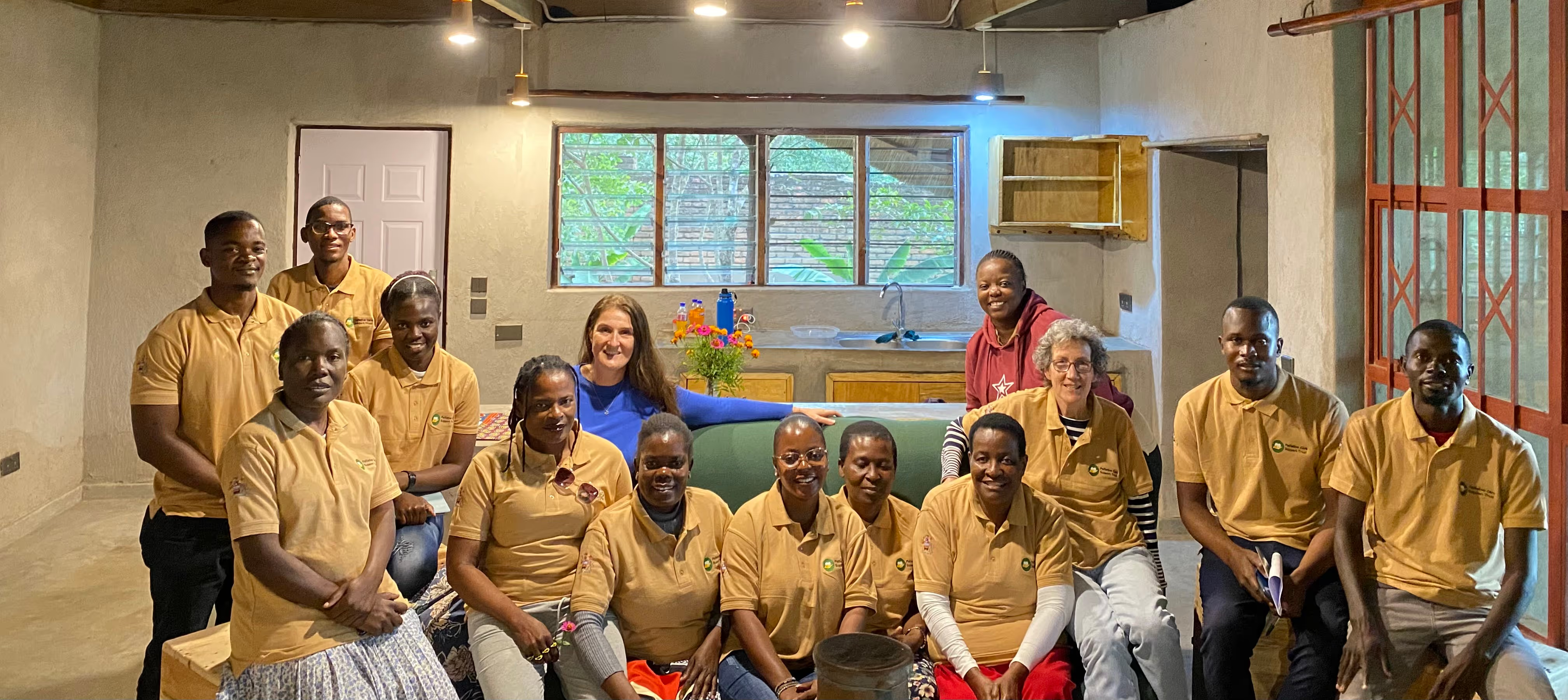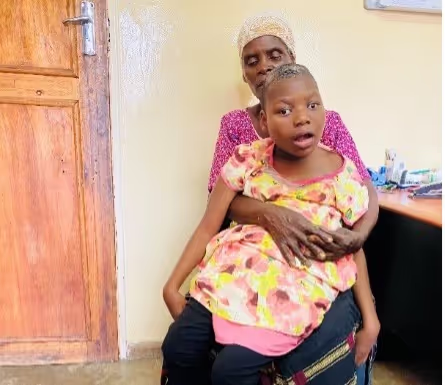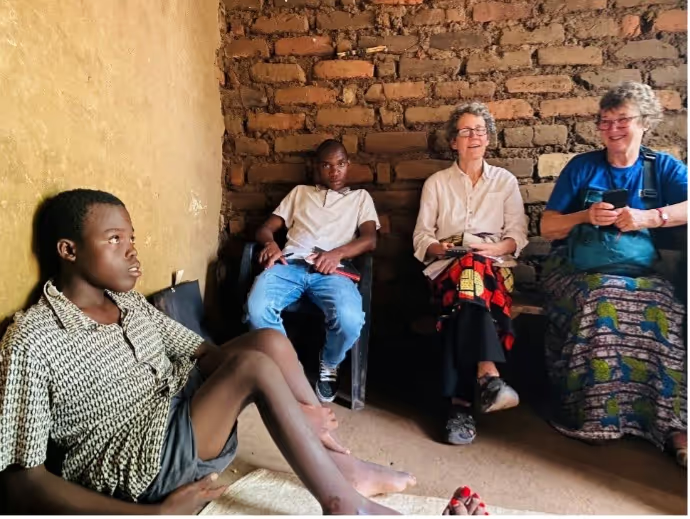Refilling as You Pour Out: A Retreat for Palliative Care Staff
June 29, 2025
10
min read

Working in palliative care is one of the most deeply fulfilling vocations, rooted in compassion, empathy, and the profound privilege of accompanying individuals and families through life’s most vulnerable moments. Yet, as the days turn into weeks and months, the relentless demands of this work can make the idea of rest feel almost unattainable. The emotional and physical workload piles up, often eroding the very qualities—compassion, patience, and presence—that are essential to providing high-quality care. Recognizing this, last week the palliative care team at Queens gathered for a restorative retreat at the serene EcoLodgy venue, led by the insightful facilitator Hilary Murdoch, whose work bridges England and South Africa through www.refillyourcup.org.
The Vital Importance of Rest and Renewal in Palliative Care
During the retreat, the team engaged in meaningful sessions focused on the critical need for regular rhythms of rest to sustain their demanding roles. Palliative care is not just a profession; it is a calling that requires constant emotional investment. Without intentional rest and renewal, caregivers risk burnout, compassion fatigue, and diminished capacity to provide the tender care their patients deserve. The retreat emphasized that “refilling your cup” is not a luxury but a necessity—an essential practice to maintain sustainability in this deeply human work.
Hilary guided the team through reflections on acknowledging difficult emotions and the importance of grieving the inevitable losses encountered in palliative care. These moments of grief, if unaddressed, can accumulate silently, impacting caregivers’ wellbeing and their ability to remain present. The retreat also highlighted the power of gratitude as a counterbalance to grief, helping to cultivate resilience and a renewed sense of purpose.
Practical Tools for Sustaining Compassion
To support the team’s ongoing wellbeing, Hilary introduced practical journaling prompts, breathing techniques, and mindfulness exercises. These tools are designed to be integrated into daily life, creating small but powerful pauses for reflection, restoration, and emotional processing. The team spent time together sharing their experiences, deepening their connections, and recognizing the collective strength found in community.
One of the most impactful teachings was the illustration of daily, weekly, and monthly rhythms of rest. These rhythms serve as a framework for building sustainable self-care practices that honor the body, mind, and spirit. Participants reflected on what brings them joy, refreshment, and peace—whether it be nature, creative pursuits, or meaningful relationships—and how these elements can be intentionally woven into their routines. Equally important was the reminder to build a stable foundation rooted in the knowledge that they are deeply loved and that their work profoundly matters.
The Broader Impact of Palliative Care Workers on Society
The work of palliative care professionals extends far beyond individual patients; it touches families, communities, and society at large. By providing compassionate end-of-life care, these caregivers help to humanize the dying process, alleviate suffering, and uphold dignity in the face of mortality. Their presence offers comfort not only to those facing death but also to loved ones navigating grief and loss. In this way, palliative care workers contribute to the social fabric by fostering empathy, understanding, and the acceptance of life’s natural cycles.
However, to continue making this invaluable impact, caregivers must prioritize their own wellbeing. The retreat’s focus on rest and renewal serves as a powerful reminder that caring for others begins with caring for oneself. When caregivers are supported and replenished, they can pour out their compassion sustainably, enriching the lives they touch with authenticity and strength.
Closing Reflections: A Weekly Check-In for the Soul
As a practical takeaway, the team embraced a simple yet profound end-of-week check-in ritual:
- I feel – acknowledging current emotions
- I need – identifying personal needs
- I forgive – releasing burdens and resentment
- I celebrate – recognizing joys and achievements
- I release – letting go of stress and worries
- I trust – reaffirming faith in oneself and the journey ahead
This practice encapsulates the essence of the retreat—honoring the full spectrum of human experience while nurturing the resilience needed to continue this vital work.
The ‘Refilling as You Pour Out’ retreat was more than just a team session; it was a heartfelt reminder that those who care for others must also care for themselves. In doing so, they sustain not only their own wellbeing but also the compassionate heart of palliative care that profoundly enriches our society.







